The culture of Mexico, Mexico, a land of colour, tradition, and complexity, boasts a culture that is as diverse as it is vibrant. From the ancient civilizations of the Aztecs and Maya to the influences of Spanish colonialism and the modern fusion of indigenous and global elements, Mexican culture is a captivating blend of history, art, music, cuisine, and more. In this exploration, we’ll dive into the multifaceted world of Mexican culture to better understand the essence of this remarkable nation.
A Tapestry of History:
Mexican culture is a complex tapestry woven from a rich history. Long before the arrival of the Spanish, the region was home to advanced civilizations, including the Aztecs and Maya. The influence of these indigenous cultures is still felt today in the art, architecture, and traditions that have survived centuries.
The Spanish colonial period, which began in the early 16th century, brought significant changes. Catholicism became deeply ingrained in Mexican society, leaving an indelible mark on religious practices and holidays. The blending of Spanish and indigenous traditions also gave rise to a unique mestizo culture.
Day of the Dead: A Celebrated Tradition:
One of the most iconic and internationally recognized Mexican traditions is Día de los Muertos, or Day of the Dead. This annual celebration, observed on November 1st and 2nd, is a time to honour and remember deceased loved ones. Families create elaborate ofrendas (altars) adorned with marigolds, candles, sugar skulls, and the favourite foods and mementos of the departed. This festival is a testament to the Mexican approach to death, viewing it not as an end but as a continuation of life.
Cuisine: A Gastronomic Adventure:
Mexican cuisine is world-renowned for its diversity and Flavors. From the fiery salsas of the Yucatán Peninsula to the complex moles of Oaxaca, Mexican food is a journey of the senses. Tacos, tamales, enchiladas, and pozole are just a few examples of the wide array of dishes. The use of indigenous ingredients like corn, beans, chiles, and cacao, combined with Spanish influences such as rice, wheat, and various meats, has created a unique culinary fusion. And let’s not forget the beloved aguas frescas, refreshing fruit-based beverages that accompany many meals.
Tequila and mezcal, both derived from agave plants, are quintessentially Mexican spirits. The production of these drinks has evolved into an art form, with different regions boasting their own distinct varieties.
Artistic Expressions:
Mexico has a deep-rooted artistic heritage. The ancient city of Teotihuacan is home to monumental pyramids, demonstrating the architectural prowess of pre-Columbian civilizations. The murals of the Maya, preserved at sites like Bonampak, reveal the skill and artistry of these ancient people.
During the colonial period, religious art flourished. Elaborate retablos and ex-votos, often created by indigenous artists, adorned churches and chapels throughout the country. The works of Mexican muralists, such as Diego Rivera, David Alfaro Siqueiros, and José Clemente Orozco, are celebrated for their social and political commentary.
Music and Dance:
Mexico’s music and dance are as diverse as its geography. Mariachi, the lively and passionate folk music typically featuring trumpets, violins, and guitars, is often associated with Mexican celebrations. The mariachi bands that serenade lovers and enliven fiestas are iconic.
Son Jarocho, a folk music style from Veracruz, is known for its joyful rhythms and dances like the zapateado. Cumbia, ranchera, and banda music are also popular genres that reflect the cultural diversity of Mexico.
In terms of dance, folkloric traditions like the colourful and energetic Danza de los Viejitos from Michoacán and the elegant Jarabe Tapatío, often referred to as the “Mexican Hat Dance,” showcase the country’s varied cultural influences. The Ballet Folklórico de México, founded by Amalia Hernández, has played a significant role in preserving and promoting these dance traditions.
The Aztecs and the Mayans: Ancient Heritage:
The Aztecs and the Maya, two of the most influential pre-Columbian civilizations, have left an indelible mark on Mexican culture. The remnants of their cities, Tenochtitlán and Chichen Itza, serve as testaments to their architectural and engineering prowess. The complex calendar systems, hieroglyphics, and mythologies of these cultures continue to intrigue scholars and enthusiasts.
Contemporary Mexican Culture:
Mexico’s culture is not a static relic of the past; it evolves and adapts to the modern world. Mexican cinema has gained international acclaim, with directors like Guillermo del Toro, Alfonso Cuarón, and Alejandro González Iñárritu winning Oscars for their work. Mexican literature has produced influential authors like Octavio Paz and Laura Esquivel.
Mexican fashion and design have also flourished, with designers like Carla Fernández and Pineda Covalin blending traditional and modern elements. The colourful embroidery, known as “tenango,” has found its way into the world of fashion and home décor.
Carnival of the Cultures:
One of Mexico’s most iconic celebrations is the Guelaguetza, a festival of indigenous culture held in Oaxaca. This colourful event features music, dance, and art from various indigenous communities, allowing them to showcase their unique traditions. Similarly, the Feria de San Marcos in Aguascalientes and the Feria Nacional de San Marcos in Zacatecas are renowned for their lively rodeos, concerts, and cultural exhibitions.
Religious Traditions:
Mexican culture is deeply rooted in religious traditions, primarily Catholicism. The Feast of Our Lady of Guadalupe, observed on December 12th, is a nationwide celebration honouring the appearance of the Virgin Mary to Juan Diego. This event is a powerful symbol of the fusion of indigenous and Catholic beliefs.
Lucha Libre: The Wrestling Spectacle:
Lucha Libre, or Mexican professional wrestling, is a unique and entertaining cultural phenomenon. With its colourful masks and acrobatic moves, it has captivated audiences for generations. The sport has its own set of iconic heroes and villains, each with their own persona and backstory.
Conclusion:
Mexican culture is an intricate and captivating mosaic, a testament to the resilience of a people who have embraced their complex history while forging a vibrant and dynamic present. From the dazzling pyramids of the Aztecs to the modern brilliance of Mexican cinema, from the soulful rhythms of mariachi music to the rich Flavors of its cuisine, Mexico’s cultural identity is a celebration of diversity and tradition.
Mexico’s culture is an ever-evolving masterpiece, a reflection of the enduring spirit and creativity of its people. It is an invitation to explore, learn, and savour the beauty of a nation that continues to inspire and enchant the world.


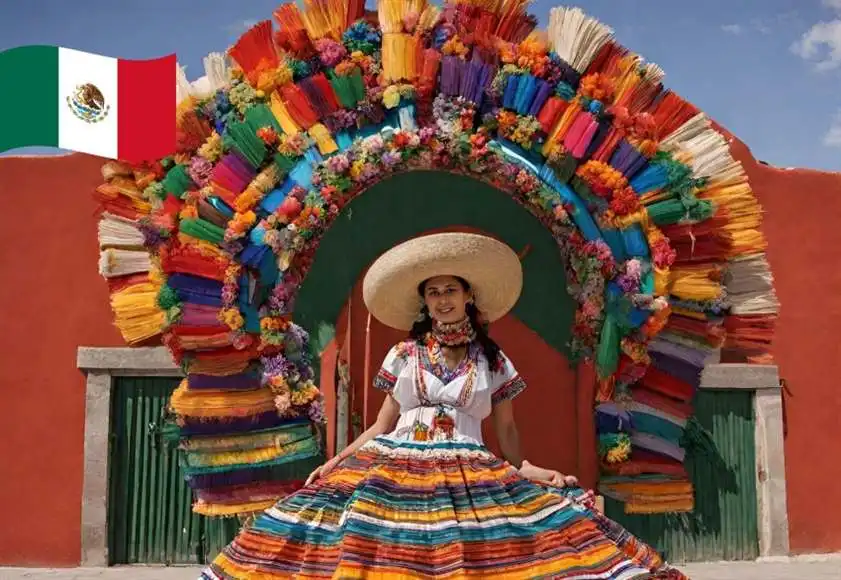

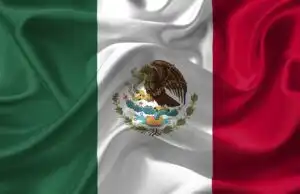
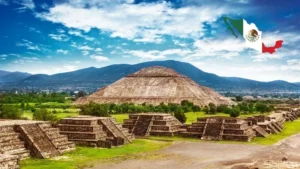
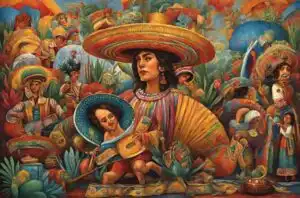
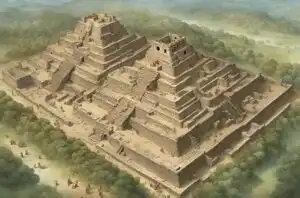
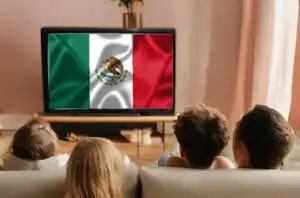
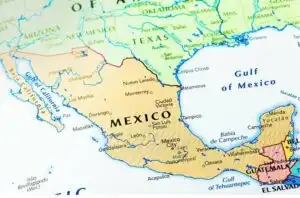
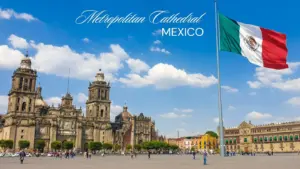
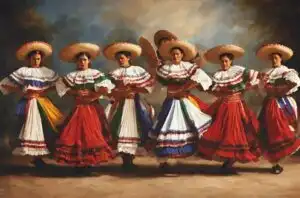
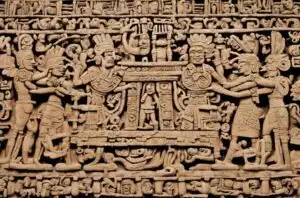
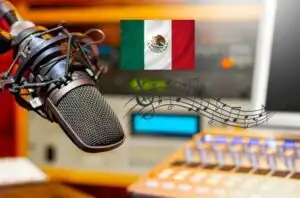
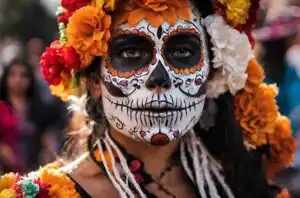
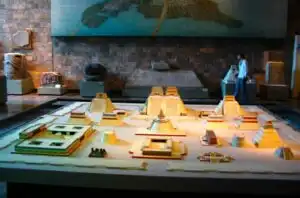
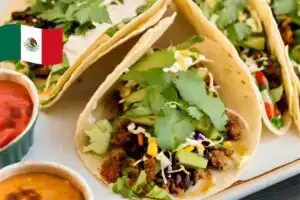
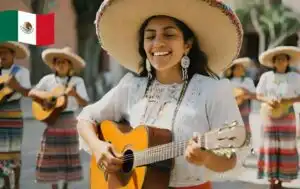
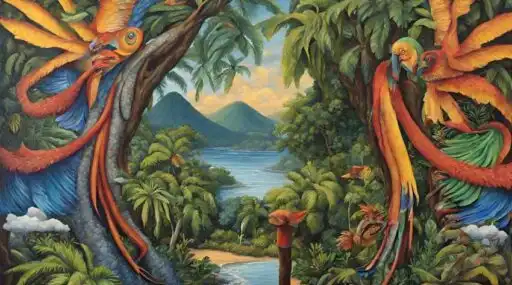
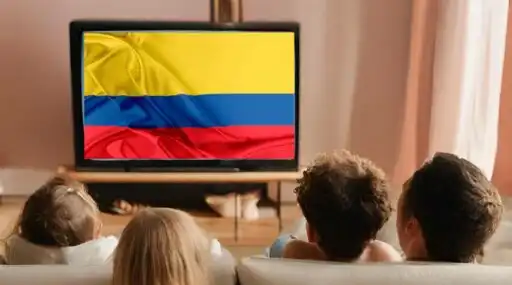

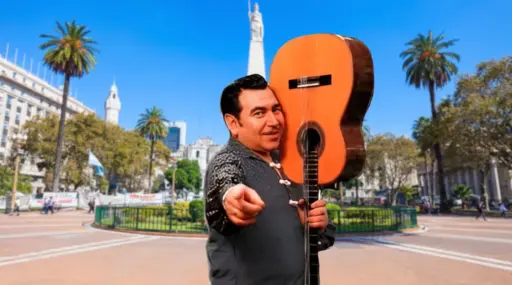
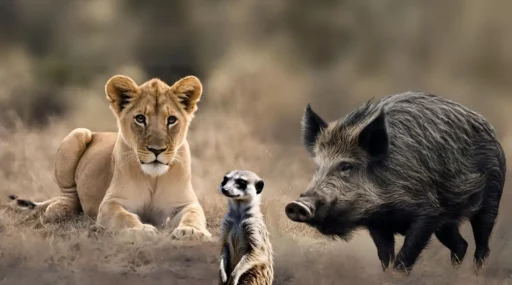
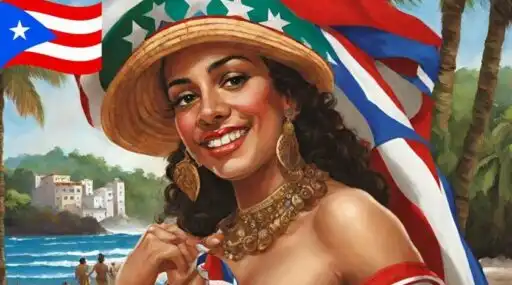
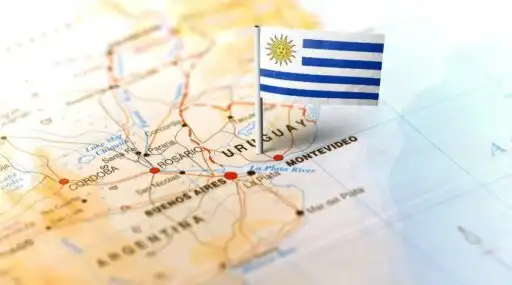
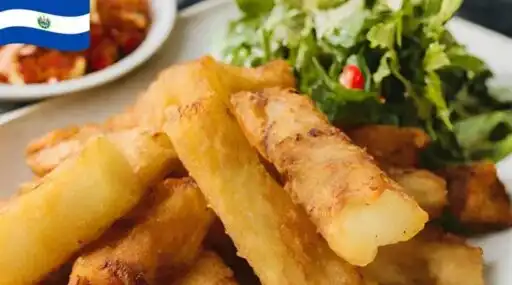

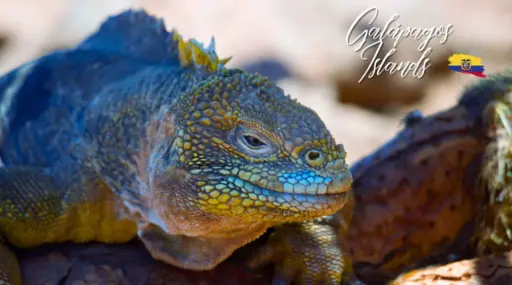
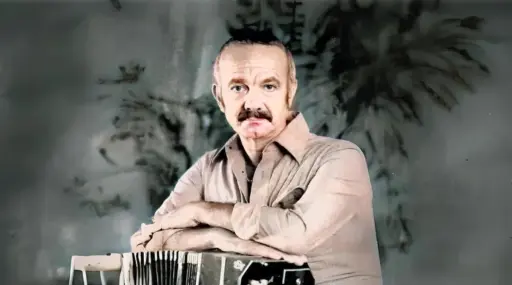
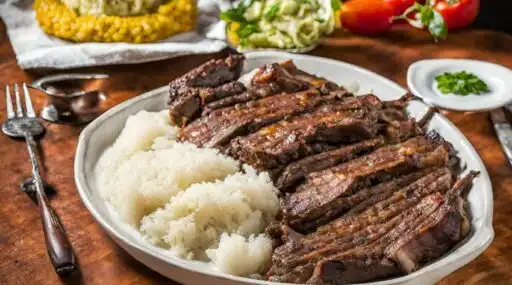

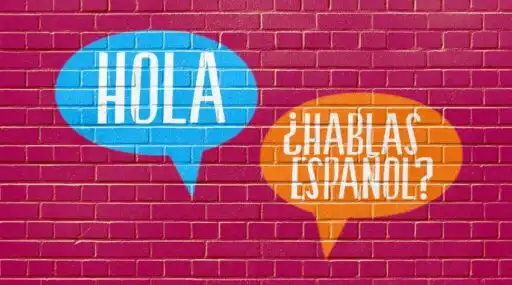

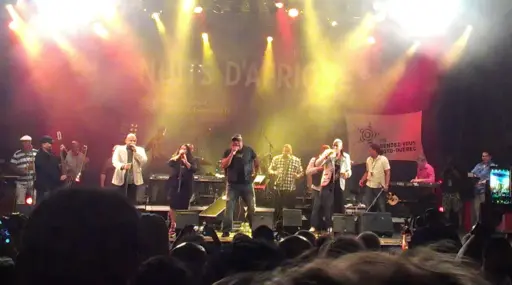
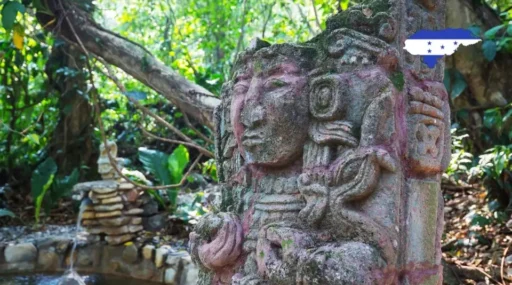
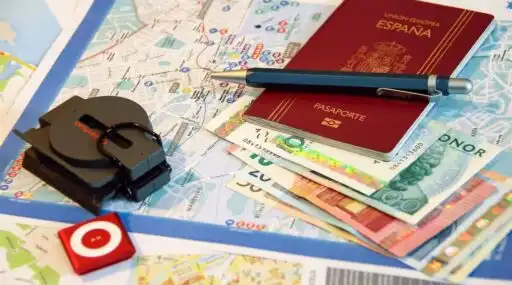
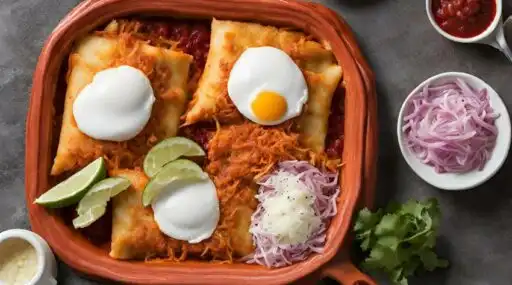
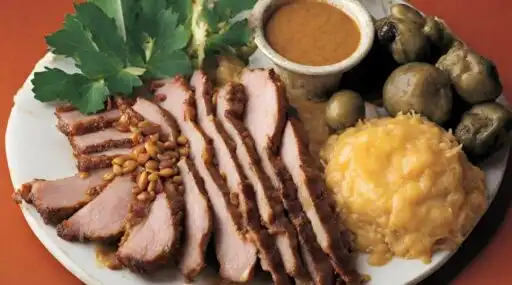

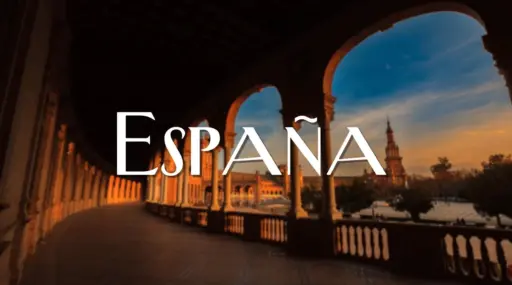
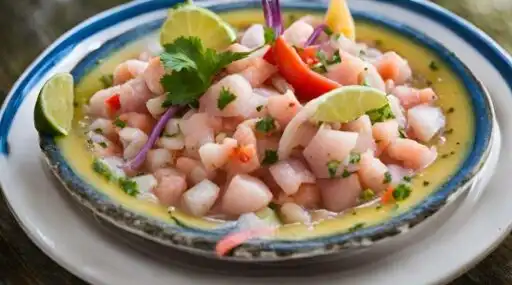
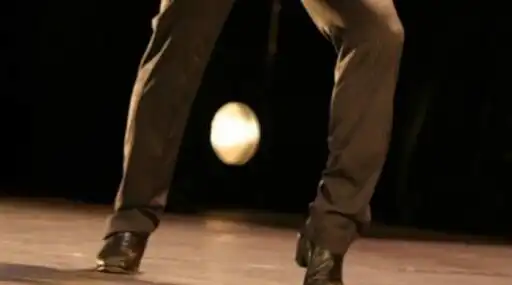
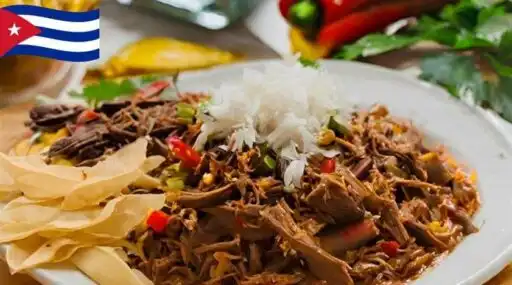
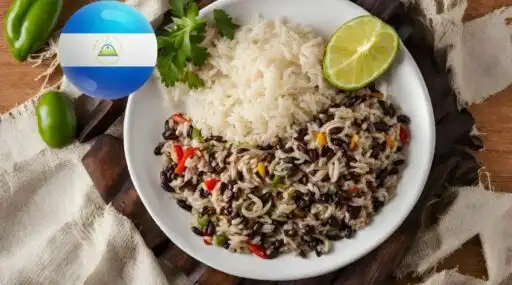
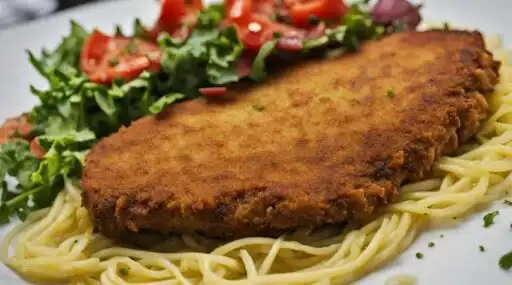
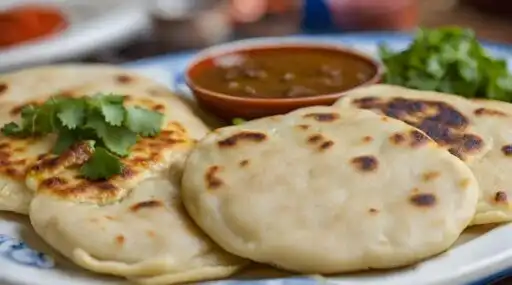
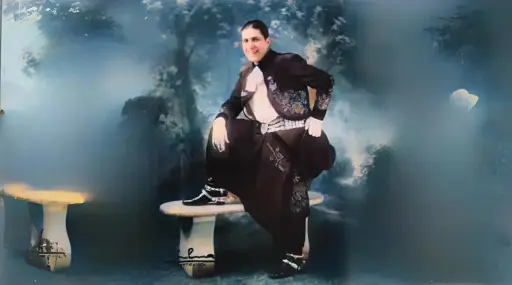

Leave a Reply